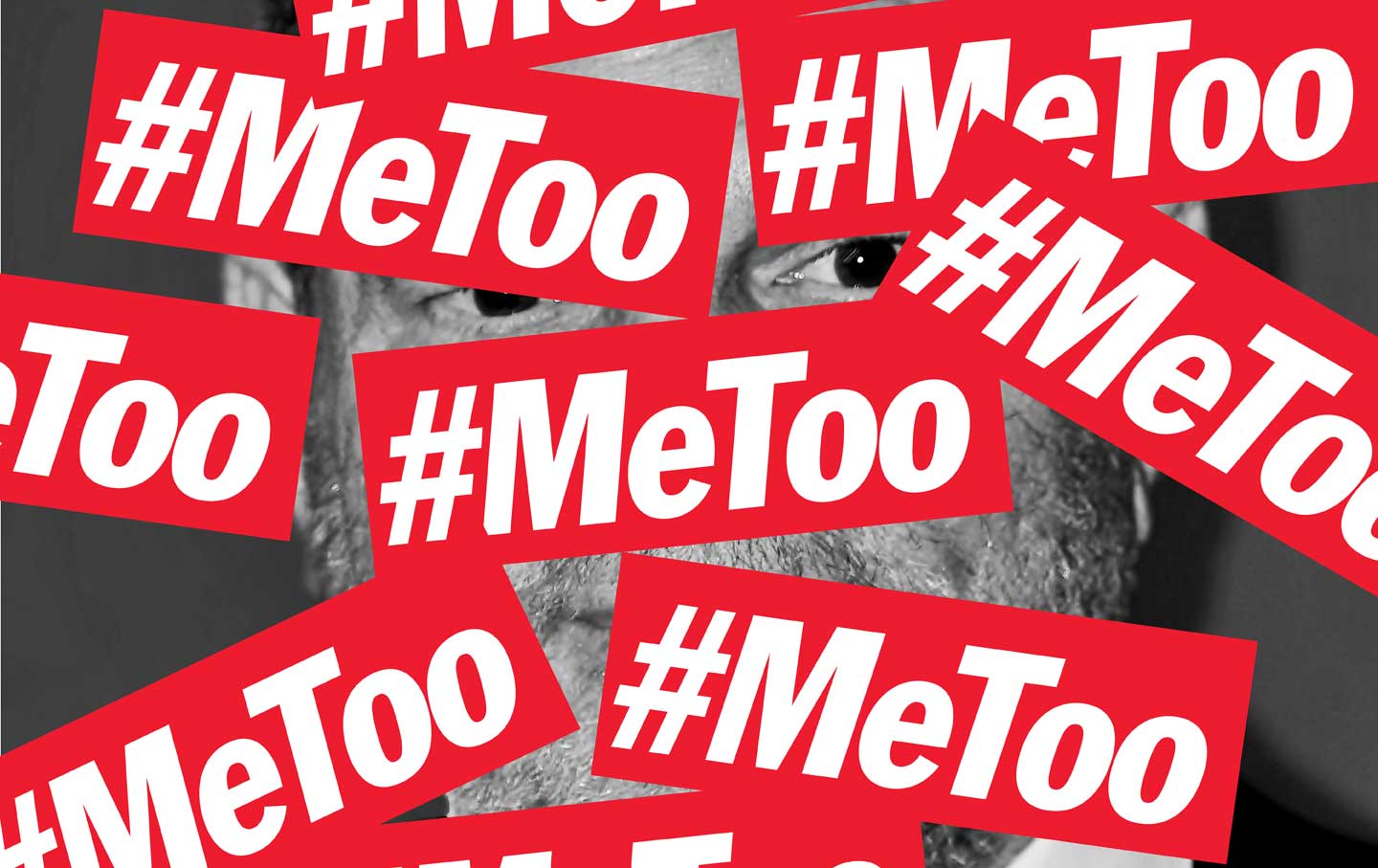6 Perspectives on the Future of #MeToo
6 Perspectives on the Future of #MeToo
Our writers reflect on how this remarkable moment of accountability can grow and endure.
By Jane Fonda, Bryce Covert, Katha Pollitt, Collier Meyerson, Raina Lipsitz and Joan Walsh
 ?scale=896&compress=80
?scale=896&compress=80
The Other NRA
by Jane Fonda
W omen in every sector of the entertainment industry are working to transform Hollywood in the wake of the Weinstein revelations. The determination is palpable: We will not stop until laws and policies are put in place that guarantee a safe work environment and equality in the industry. Women are finally being heard only because most of the brave actresses coming forward to blow the whistle on Weinstein have been white and famous. But it was African-American women who pioneered the fight against sexual harassment, engaging in landmark legal battles as early as 1975. Anita Hill endured humiliation while bringing sexual harassment to light in 1991. In 2007, Tarana Burke, a black activist, started the first “Me Too” campaign against sexual assault. Too often, these women were not heard.
In order to root out the problem today, we must understand that working-class women, women of color, trans women, and disabled women constantly experience harassment, assault, and rape—and they’re more likely to be fired if they speak up. I am sickened when I hear male friends call what’s happening a “witch hunt.” Don’t they realize that this movement needs to be far larger, not smaller?
Today, we are seeking solutions that benefit all women. Achieving equal pay for equal work and ensuring that women hold equal decision-making power in all industries will go far in ridding this country of the scourge of sexual abuse. I can think of one critical way to do this: 14 million people work in the restaurant industry, and the vast majority of its tipped workers are women. It is among the country’s fastest-growing industries and the single largest source of sexual harassment in the workplace. These workers aren’t paid the full minimum wage and therefore must put up with abuse because they rely on tips. Many are single mothers supporting families. They must please the customer at all costs, and often are encouraged to wear tight, revealing clothes. It doesn’t have to be this way. Seven states eliminated the two-tiered wage decades ago; with waitresses earning the full minimum wage, sexual abuse was cut in half! This is an important lesson: When power and salaries are equal, women are less vulnerable and men are forced to behave.
As we engage this fight, we cannot overstate the deep psychological cost of sexual abuse. I work with adolescents around issues of sexuality, and I have seen how sexual abuse can have a lifelong impact on a woman—destroying her ability to trust and her sense of agency over her body, filling her with shame even though she was the victim. Seeing how rife our workplaces are with such abuse is nauseating. Now is the time to move from #MeToo to #NeverAgain. It will take time. It will require women to have each other’s backs across the lines of race, class, ability, religion, and sexual orientation. But if sexual harassment is about power, the solution is too. And with every act of solidarity, our power grows.
. . . . .
https://www.thenation.com/article/6-perspectives-on-the-future-of-metoo/
 ?scale=896&compress=80
?scale=896&compress=80